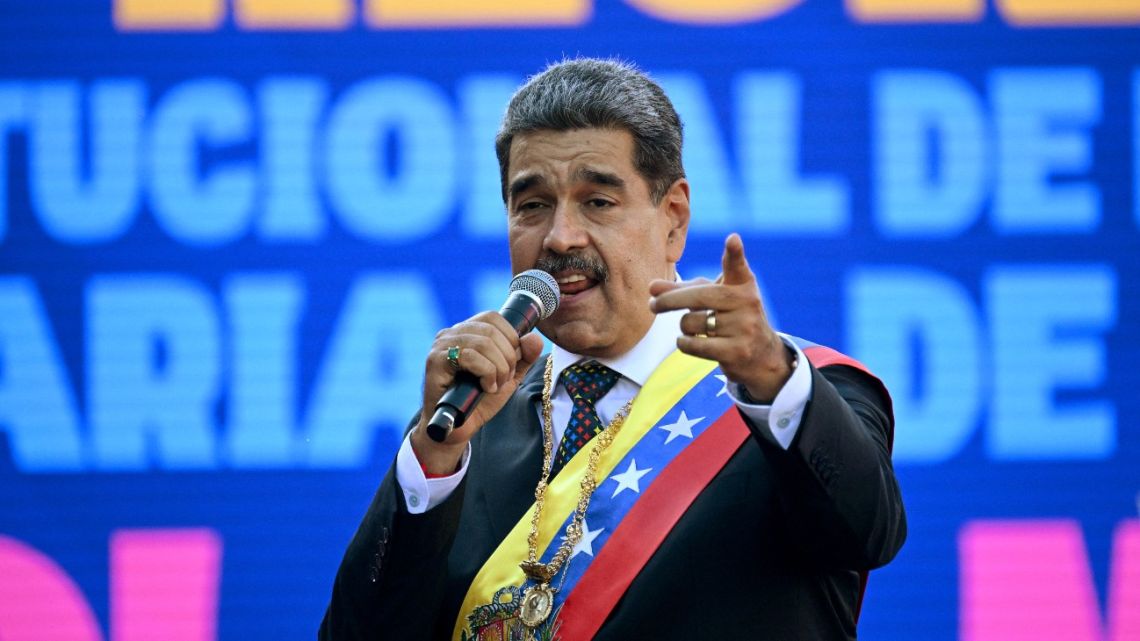Eclipsed by shiny news from the financial markets, enjoying a festival of earnings, other news begins to emerge in the real economy. It is different from headlines detailing record levels of production that Vaca Muerta delivers month after month or the prospects of a “mine-baby-mine” future in Argentina’s western mountain provinces.
On January 3, a large shoemaker that manufactures international brands announced it was closing a plant in the Buenos Aires Province town of Coronel Suárez, letting go of 360 people. In a statement, the Brazilian-owned company cited “the change in the economic cycle” as the reason for its decision. The mayor of Coronel Suárez, a Peronist leader called Ricardo Móccero, used less euphemistic language: he said the decision was motivated by the national government’s decision to free up imports.
On January 7, a traditional producer of margarine, Dánica, shut down its plant in Llavallol, a southern Buenos Aires suburb, laying off 150 people. The company, famous for a TV commercial that captured the attention of several generations in the 1970s and 1980s, has been active since 1939, although it had also been struggling for years (therefore its closure is not entirely attributable to Milei).
Two incidents do not make a trend, but it is useless to deny that any process of economic transformation, like the one President Javier Milei is trying to implement, will have winners and losers. The next question after stating the obvious is how much the winners will win and how much the losers will lose, plus how many winners and losers there will be. Those fine numbers will only come with time. So far, official data from the UIA (Argentine Manufacturing Association) shows that around 30,000 manufacturing jobs were lost during Milei’s first year in office.
The news from the Argentine version of Wall Street, on the contrary, is very good. The value of the S&P Merval index, measured in dollars at the parallel exchange rate, went up over 120 percent —the best year since 2003, when the country bounced back from the 2001-2002 economic meltdown. Sovereign bonds also delivered earnings above 100 percent
The variable that relates both worlds is the exchange rate. The government’s economic programme has established a fixed rate of devaluation of the peso, two percent monthly, after the initial devaluation of some 50 percent ordered by Milei when he took office in December 2023. This movement, technically known as a “crawling peg,” has stayed the course regardless of other variables changing direction during the last year, including 120 percent inflation in pesos and a major devaluation of Brazil, Argentina’s main trading partner.
This is exactly what a former economy minister, whom President Milei has repeatedly praised as one of the best in history, has noted. Domingo Cavallo wrote in a blog post this new year that the peso was at least 20 percent overvalued. He recommended lifting currency controls and unifying the exchange rate market. In other words, a devaluation, even if controllable.
A calculation by Reuters last week showed that Argentina now tops the Big Mac index — i.e., the cost in US dollars of the famed burger — in the region, with the price in Buenos Aires even higher than in Brooklyn, New York. Cavallo was stating the obvious but Milei dismissed his comments, calling them “shameful” and “technically wrong.” By the looks of it, the government is planning to confirm the peso appreciation path: if December inflation, to be reported by the INDEC national statistics bureau next week, is close to two percent, the Central Bank is likely to trim the crawling peg in the coming weeks.
This macroeconomic outlook is quickly adding to a combo that is complicating the sector that symbolises the strength of Argentina’s economy: the farming sector. With still no abundant rain, farmers fear facing a perfect storm (no pun intended): international prices of products like soybeans are at their lowest in almost two decades, domestic costs in dollars have soared, and the Milei administration has failed to deliver on its promise to cut export duties. A devaluation would be a blessing to the farmers.
The government may ignore this situation and let market forces sort things out as the libertarian creed goes, but at its own peril. Provincial governors are already angry that Congress passed no budget for 2025, which means the Milei administration will have discretionary powers to negotiate electoral strategies for cash handouts. Ideologically and politically, the powerful farming sector is Milei’s ally but loyalty dies when pockets become thin. Wall Street may not have answers for everything.









